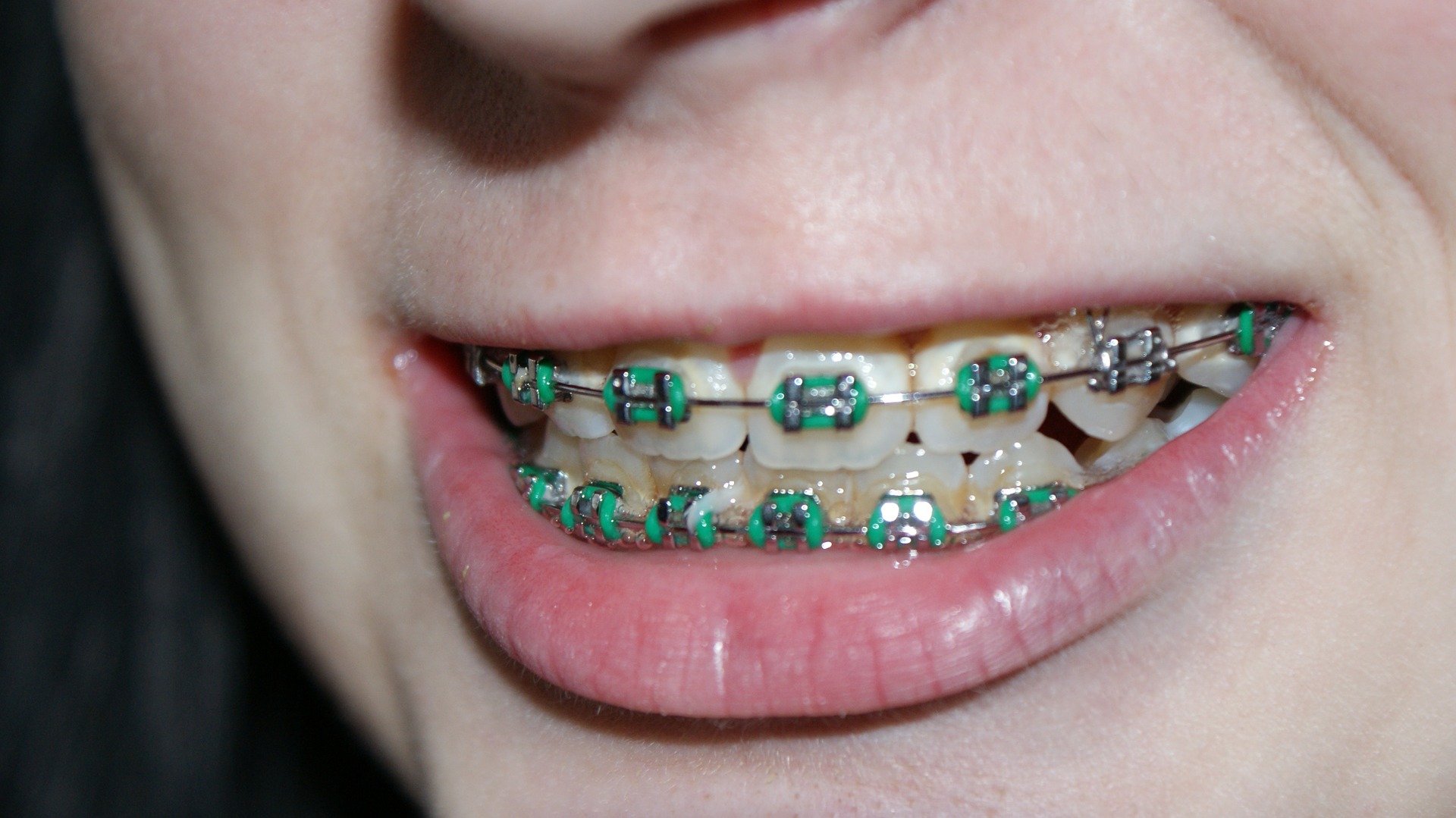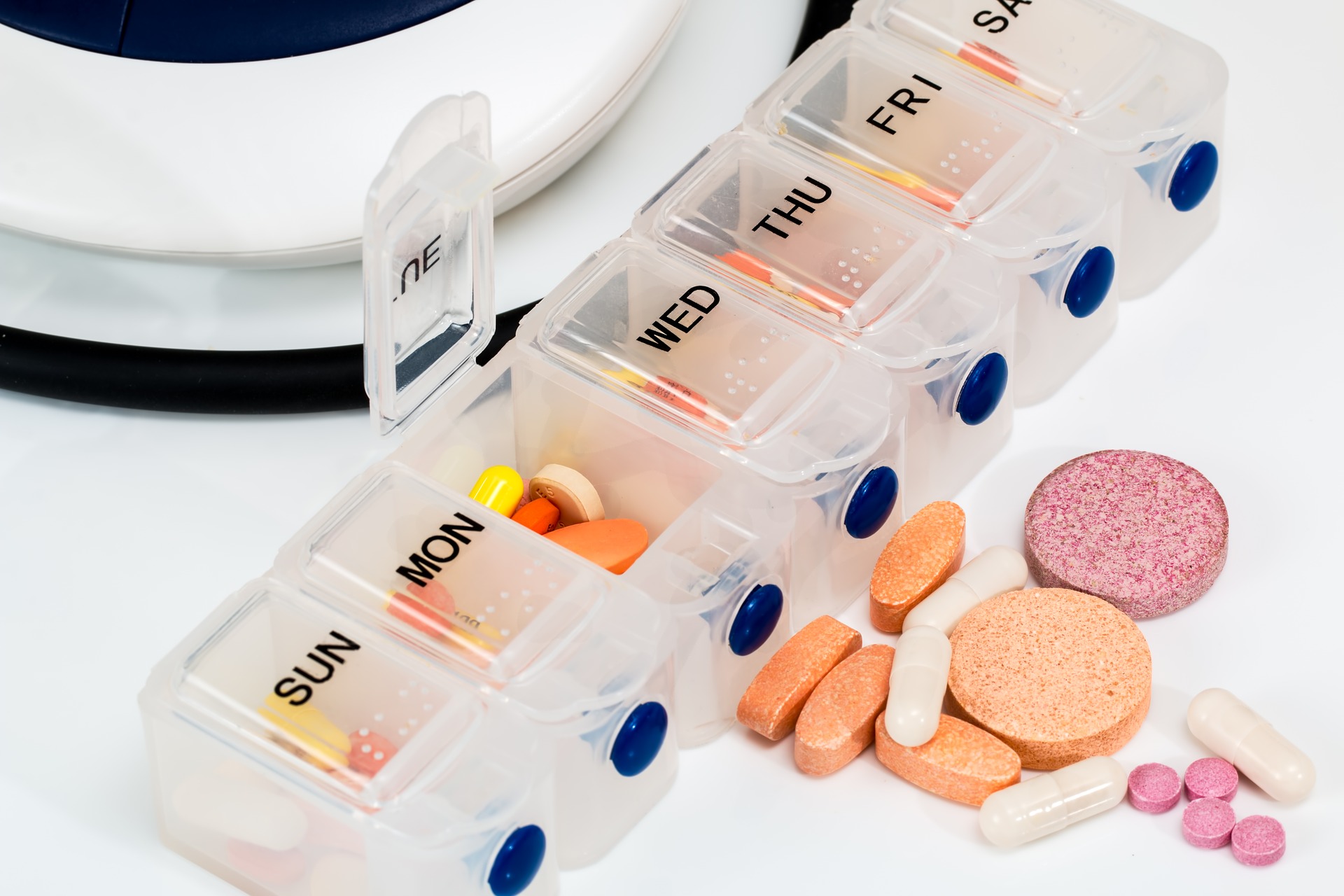Braces and other dental appliances such as retainers, wires, and rubber bands can trap food and plaque that can lead to other dental problems when not brushed away. Without a doubt, people with braces take on the challenge of a more strenuous dental care routine. Brushing alone is best done right after every meal so that food will not be trapped in the tiny spaces that lead to unsightly staining on teeth. Before deciding to have braces, you should also be prepared for the extra responsibility of caring for them.
The basics:
The basic care for braces and retainers is proper brushing and flossing. If you are wearing elastics or other removable parts, take them off first before brushing. While wearing braces, you should add a few more steps to your ordinary dental care routine. To clean your teeth, hold your brush at a 45-degree angle so that the pins and wires will be cleaned. Brush from the top down of every wire. Clean each tooth and follow with flossing. Proper flossing will be shown by your orthodontist. Rinse well and check for any debris left.
Regular dental visits:
By the time you decide to have braces, you might already be aware that you need to go to your orthodontist regularly for routine adjustments. Consultation may also be necessary for other concerns including broken parts and extreme pain or discomfort even after months of wearing them. A routine check-up is also essential to spot other issues such as cavities and gum disease. Your dentist knows other treatments necessary to protect your teeth during the whole course of treatment.
Foods to avoid:
Some foods can loosen or break braces, and thus should be avoided. These include hard to bite foods such as bagels or apples, as well as chewy foods like caramels. Corn on the cob, popcorn, nuts, bubble gum, ice, and hard pretzels should be avoided too. It is also best to avoid sugary and high-acid foods such as soft drinks, sports drinks, pineapples, and tomatoes.
Products to use:
Fortunately today, proper care for orthodontic appliances is made easier by-products such as electric toothbrushes and floss. You can even buy products that are specially made for braces. Dentists recommend using fluoride-containing supplies to help prevent tooth decay. Studies have shown that fluoride can make teeth resistant to acids contained in certain foods and drinks. Fluoride rinses, orthodontic brushes, and threaded flosses are also some of the helpful items to use since having brackets and wires makes you more at risk of developing tooth decay.
While braces offer a better smile and greater confidence after the treatment, they may also require you to be more diligent in your dental care habits. Parents with kids who wear braces should guide them all the way. It helps to make them realize the value of proper care for their teeth. After all, correct oral hygiene is a responsibility they should learn. They are fortunate because orthodontic supplies these days, such as those from orthoextent.com are more innovative and accessible.
Read Also:






















